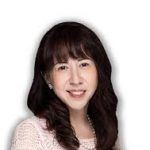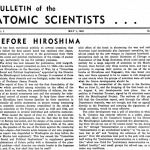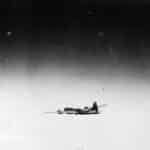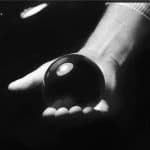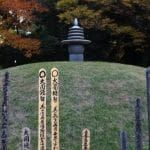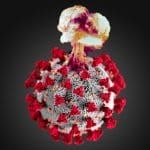A mother’s love, after Hiroshima
By Kathleen Burkinshaw | August 4, 2016
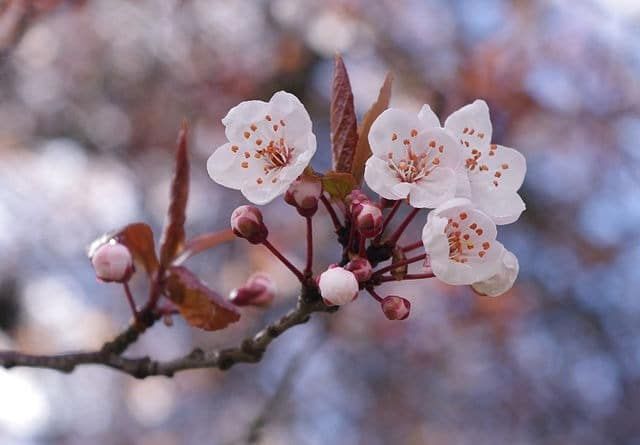
“Someday, the voices of the hibakusha will no longer be with us to bear witness. But the memory of the morning of August 6, 1945, must never fade. That memory allows us to fight complacency. It fuels our moral imagination. It allows us to change.”
President Obama said these words standing in front of the cenotaph in Hiroshima Peace Memorial Parkon May 27. At that moment, the debates about why he should or should not visit Hiroshima and what he should or should not do there no longer mattered to me. As the daughter of a hibakusha, a survivor of the Hiroshima attack, I was grateful that the president paid respect to the victims who died that day, to those who lived, and to those who continue to live, being victims to their memories of August 6.
My mother, Toshiko Ishikawa, was a 12-year-old girl in Hiroshima the day the atomic bomb was dropped. She was young enough to not quite grasp why it happened, yet old enough to never forget what happened. My mother lost her family, friends, and home, yet she never lost her ability to love.
My mother moved to the United States in 1959 and shortly after that became a US citizen. My mother did not hold hatred; instead she hoped that such a weapon would never be used again on any country. I have presented her experience to middle schools for the past six years, so students would understand there’s more to August 6th and 9th than the textbook picture of the mushroom cloud and a few sentences stating the bomb ended the war. By telling her story to a new generation of future voters, I hope I am honoring her wish and making her proud.
I wrote my middle-grade historical fiction,The Last Cherry Blossom, when teachers inquired if I had a book that they could add to their class reading list to complement my discussion. The Last Cherry Blossom published this month. It’s a bittersweet time for me. My mom passed away in January 2015. However, she did read the latest draft (at that time) of the manuscript, and she knew it would be published.
I wanted to write this book not just to honor my mother and her family, but to honor all the people who suffered or died from the effects of pika don. We need to remember the immense destruction a nuclear weapon produced in the past. Not for blame, but to realize how much worse the damage could be today and how many more innocent lives would be lost. Because the first step toward nuclear disarmament is remembering that the people under those famous mushroom clouds were someone’s mother, father, sister, brother, or child.
Originally, scientists said nothing would grow again in Hiroshima for many years after the bomb was dropped. Yet the cherry blossoms bloomed again the following spring. The cherry blossoms endured, much like the spirit of the people affected by the bombing in Hiroshima.
Last summer my family visited Hiroshima to honor my mother at the Hiroshima National Peace Memorial Hall for the Atomic Victims. Standing on the same ground where she experienced so much horror and destruction at the age of 12 broke my heart.
My mother lost so much that fateful day, yet she gained an inner strength she never thought possible. The love she gave my daughter and me proved that love prevails over fear.
Together, we make the world safer.
The Bulletin elevates expert voices above the noise. But as an independent nonprofit organization, our operations depend on the support of readers like you. Help us continue to deliver quality journalism that holds leaders accountable. Your support of our work at any level is important. In return, we promise our coverage will be understandable, influential, vigilant, solution-oriented, and fair-minded. Together we can make a difference.
Topics: Hiroshima & Nagasaki, Nuclear Weapons
Share: [addthis tool="addthis_inline_share_toolbox"]
